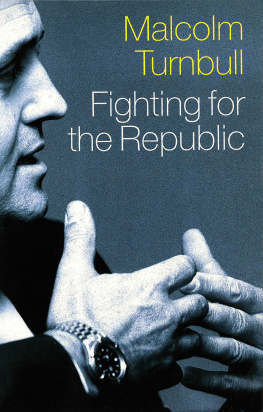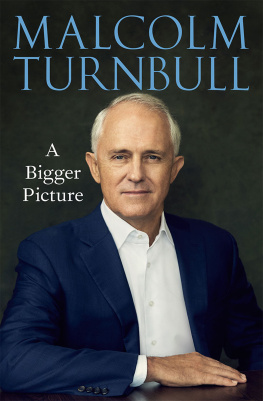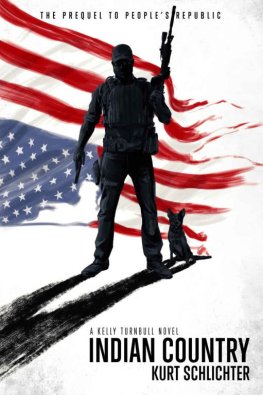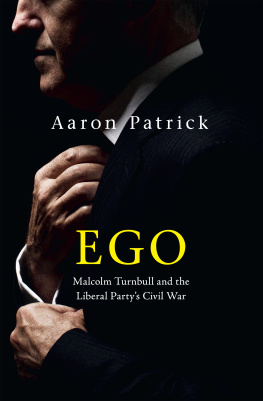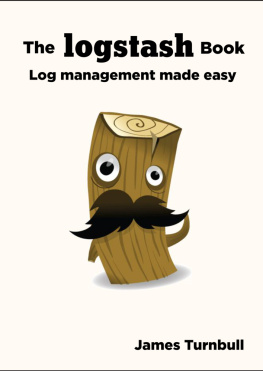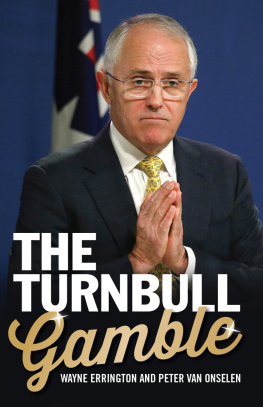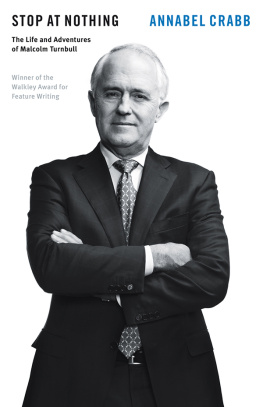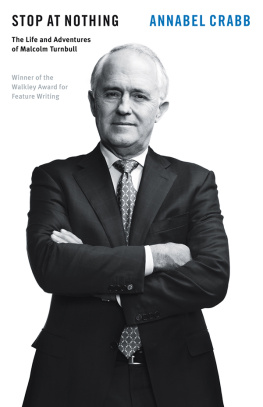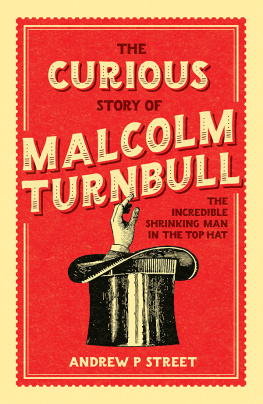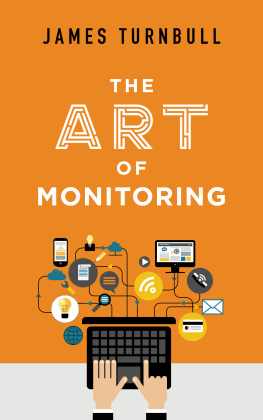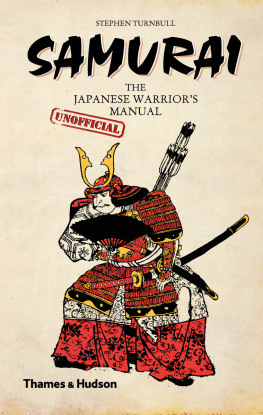Malcolm Turnbull - Fighting for the Republic
Here you can read online Malcolm Turnbull - Fighting for the Republic full text of the book (entire story) in english for free. Download pdf and epub, get meaning, cover and reviews about this ebook. year: 2020, publisher: Hardie Grant Books, genre: Politics. Description of the work, (preface) as well as reviews are available. Best literature library LitArk.com created for fans of good reading and offers a wide selection of genres:
Romance novel
Science fiction
Adventure
Detective
Science
History
Home and family
Prose
Art
Politics
Computer
Non-fiction
Religion
Business
Children
Humor
Choose a favorite category and find really read worthwhile books. Enjoy immersion in the world of imagination, feel the emotions of the characters or learn something new for yourself, make an fascinating discovery.
- Book:Fighting for the Republic
- Author:
- Publisher:Hardie Grant Books
- Genre:
- Year:2020
- Rating:5 / 5
- Favourites:Add to favourites
- Your mark:
- 100
- 1
- 2
- 3
- 4
- 5
Fighting for the Republic: summary, description and annotation
We offer to read an annotation, description, summary or preface (depends on what the author of the book "Fighting for the Republic" wrote himself). If you haven't found the necessary information about the book — write in the comments, we will try to find it.
Fighting for the Republic — read online for free the complete book (whole text) full work
Below is the text of the book, divided by pages. System saving the place of the last page read, allows you to conveniently read the book "Fighting for the Republic" online for free, without having to search again every time where you left off. Put a bookmark, and you can go to the page where you finished reading at any time.
Font size:
Interval:
Bookmark:

CONTENTS
I could not have made my contribution to the republican cause without the total support of my family, Lucy, Alex and Daisy.
Lucy is my wife, my best friend and partner. We have been together for 22 years. We were not much more than children when we met and we have grown up together. She has been part of the Australian Republican Movement since its inception, drafted its articles of association in 1990 and has been active ever since.
When my republican saga began, our two children, Alex and Daisy, were only little kids. They are now seventeen and fifteen years of age. It wont be long before they will be adults, able to vote one day for an Australian republic. I will never forget the tears in their eyes on 6 November and the way they hugged me after the republic referendum was defeated.
My dear friend Neville Wran is an honorary family member, and together we helped found the ARM. He and I have been partners in business, politics and friendship for thirteen years and I hope will continue to be so for many years to come. Since I joined Goldman Sachs in 1997, my new colleagues have always been understanding and supportive of my part-time activities as a constitutional reformer. I have been very fortunate to be part of a firm whose culture values active citizenship.
While I have played a leading role in the republican movement, nothing would have been possible without the millions of hours devoted by thousands of other committed republicans. Only a handful of them are mentioned in this book. The Australian Republican Movement may have had a Sydney investment banker as its chairman, but it was, and remains, genuinely a peoples movement.
It has been a great privilege to lead the Australian Republican Movement for six years. I have worked with many great Australians, from all over the country. They have enriched my life just as their efforts have enriched Australia. They have my deepest thanks. They deserve the thanks of all Australians.
Together we have put the republic indelibly on the nations political agenda. It was not an issue at all in 1991, it could have died in 1996 with the defeat of the Keating government. Now, though, we can be confident that the republican cause will never go away, not until its goal is achieved and we have our own head of state.
This book is intended to be an exercise in explanation, not justification. As I write, one week after the defeat of the referendum on an Australian republic, the future for the republican cause is by no means clear. The rejection of the republic referendum, and the closeness of the vote, should be the subject of deep reflection by all of us.
Only time will tell whether the vote on 6 November was the loss of a once-in-a-lifetime opportunity. It is easy to paint a scenario in which Australians, and particularly their parliamentary representatives, put the republic behind them and focus on the more immediate, if more mundane, economic concerns of the nation. The Prime Minister, John Howard, has signalled that he intends this to be the case, and the federal cabinet has already put an end to public debate between monarchists and republicans in the conservative parties. Many others, including quite a few republicans, would now prefer to put the Constitution in the too-hard basket and get on with other things.
Will a Labor Party determined to win back the battlers put the republic in the front line of its election policies? Not if it wants to win the election. John Howard may yet be right when he predicted that a No vote would see the republic off the boil for quite a few years.
On the other hand, support for an Australian head of state in place of the Queen is stronger than ever. The Prime Minister who can resolve this piece of unfinished business will do the nation a great service and, rightly, secured an important place in the history of this country.
The Labor leader, Kim Beazley, has said that if he wins government he will hold a plebiscite to decide whether Australians want to have a republic or not. If that is approved, he will hold a second plebiscite to determine which republican model is preferred, and the preferred model would then go to the people in a referendum. I support that approach; it seems the only practical means of achieving a republic.
Beazleys plebiscites will be criticised as being a waste of money. But the plebiscite approach does meet a genuine popular demand: first to vote on the issue of the republic and then to consider what kind of republic we should adopt. It is also impossible to fault as an exercise in democracy.
Some will say the plebiscites are an abdication of leadership by the Parliament. But, as the experience of this campaign has taught us, any republican model presented to the people by Parliament is too easy to shoot down as just another offering from the detested politicians. It is deeply troubling that we have reached such a low point of confidence in our representative institutions. It is even more troubling that this distrust has been promoted by some members of the current cabinet. But the fact of that high level of distrust cannot be denied or ignored.
Some have argued that all the republic needs is a different model, involving a popularly elected President. Would that it were so easy! Any constitutional change will be subject to the same scare campaign as this one. The monarchists posters saying No more power to politicians can be used against any republican proposal. Unless government sets out to inform the electorate of the facts, dispel the scares, highlight the real issues and do so many months before the referendum, we will never see any significant constitutional change in Australia. The series of plebiscites will bring the electorate along; each vote will increase public awareness and a sense of involvement. By the time of the next referendum we may not get a republic, but we will certainly have a much better-informed electorate.
I believe that any money spent informing Australians about their Constitution and their system of government is money well spent. We cannot keep an unwanted Queen as our head of state simply because we have not been able to agree on what to put in her place.
Ignorance was the republics greatest enemy, though we republicans have been branded sore losers for saying as much. But we should not allow our desire to avoid causing offence to blind us to the facts. In rural Australia, for example, many people voted No because they believed that if we became a republic Crown land would revert to Aboriginal ownership. This was nonsense, but people believed it. Many others voted No because they believed a President appointed by Parliament with the support of both sides of politics would be a politician, but that a directly elected President would not be a politician. That belief was the reverse of the truth.
Many voted No because they believed the change would increase the power of the Prime Minister. Whatever the merits of the model, it plainly did the oppositeas we will soon be reminded when John Howard appoints the next Governor-General, and does so without consulting the public, the Opposition or the Parliament. Others voted No because they thought we would be thrown out of the Commonwealth, or that our flag would be changed, or that ex-servicemen would not be able to serve as President. All wrong.
The simple fact is that the referendum was defeated in large measure because many people misapprehended the nature and consequences of the change. These misapprehensions, coupled with a deep distrust of politics and politicians, constitute formidable barriers to any proposal for constitutional reform. Lack of faith in our system of government goes hand-in-hand with lack of knowledge as to how it actually works. The key to restoring faith in our democracy is ensuring that Australians understand it.
Next pageFont size:
Interval:
Bookmark:
Similar books «Fighting for the Republic»
Look at similar books to Fighting for the Republic. We have selected literature similar in name and meaning in the hope of providing readers with more options to find new, interesting, not yet read works.
Discussion, reviews of the book Fighting for the Republic and just readers' own opinions. Leave your comments, write what you think about the work, its meaning or the main characters. Specify what exactly you liked and what you didn't like, and why you think so.

